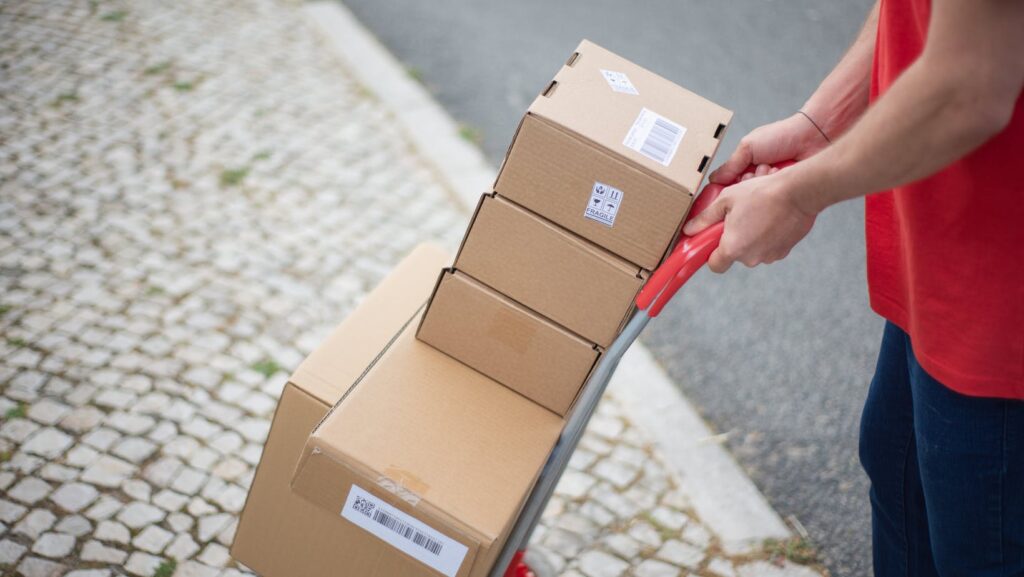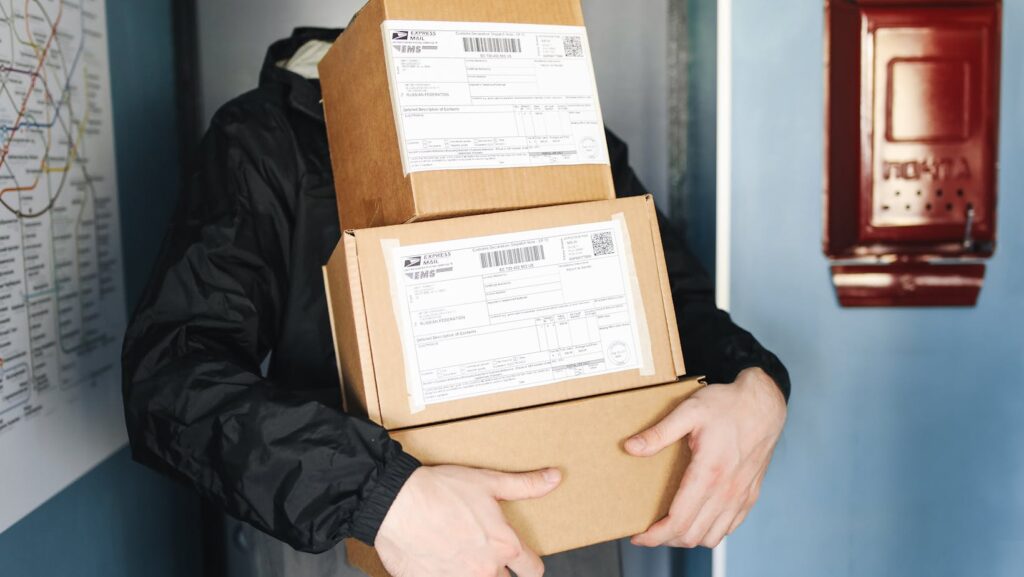In the bustling world of e-commerce, small parcel shipping has emerged as a pivotal player. It’s the lifeline that connects sellers to buyers, businesses to consumers, and dreams to reality. But what exactly is small parcel shipping, and why does it matter so much?
Small Parcel Shipping

Diving deeper into the realm of small parcel shipping, we delve into its meaning and major components. Keeping the context aligned with e-commerce, the following sections elucidate the meaning and mechanics of small parcel shipping.
Small parcel shipping, in essence, refers to the transportation of lightweight and compact packages, primarily associated with online retail and e-commerce. These parcels typify a weight under 150 pounds (68 kilograms) and dimensions not exceeding standard threshold values set by shipping carriers. For instance, firms like UPS and FedEx define small packages as those having a combined length and girth of no more than 165 inches (419 centimeters). As a concept, it’s a vital cog in the vast machinery of online commerce, acting as a bridge between suppliers, distributors, retailers, and consumers.
The Evolution of Small Parcel Shipping
Historical Overview

Starting as a fundamental postal service, small parcel shipping paved its way into various business operations. Early postal systems handled packages, mostly letters and a small number of assorted parcels. Transitioning into the 19th and 20th centuries, enterprises like the United Parcel Service (UPS) in 1907, and Federal Express (FedEx) in the 1970s, revolutionized delivery systems. They standardized shipping rates and improved efficiency, thereby making it feasible for small businesses to send products worldwide. The surge of trade liberalization policies in the late 20th century further catalyzed the shipping industry, leading to a more flattened and connected global market.
Impact of E-commerce on Shipping Trends
In the 21st century, e-commerce emerged, disrupting traditional retail and stirring monumental changes in shipping systems. The foundation of certain companies, like Amazon in 1994, took small parcel shipping into a new era, making it the backbone of e-commerce logistics. E-commerce demanded rapid and efficient delivery services which prompted companies to adopt ‘same-day’ and ‘next-day’ delivery options. As a result, shipping trends moved towards high-speed and high-frequency distribution, establishing contemporary small parcel shipping as a cornerstone of competitive advantage in e-commerce. Further, the need to ensure timely and reliable delivery services accelerated the digitization of many shipping processes, including order processing, tracking, and managing returns.
Major Players in the Small Parcel Shipping Industry
FedEx and UPS
FedEx, established in 1971, has grown into a global delivery behemoth, moving over 3.5 million packages daily. It’s synonymous with timely and reliable delivery, owing much of its reputation to its innovatory tracking system and advanced logistics. UPS, formed in 1907 as a messenger company, has expanded into a multi-billion dollar corporation. It delivers around 5.5 million packages a day to 220+ countries, offering a broad array of services from freight to supply chain management.
USPS and DHL

On another hand, USPS, a state-run entity, is crucial to the United States’s communication and commerce, providing postal services to 160 million residences, businesses, and Post Office Boxes. DHL, a global market leader in logistics, offers exceptional international shipping and courier services. It operates in 220 countries and territories worldwide, demonstrating swift delivery and supply chain solutions. It processes millions of parcels daily, securing a pivotal position in the small parcel shipping industry.
Connecting Stakeholders Globally
Small parcel shipping’s importance cannot be overstated in today’s e-commerce landscape. It’s the lifeblood that keeps the online retail sector ticking, connecting stakeholders and ensuring the smooth transportation of lightweight packages. The evolution of this industry, from rudimentary postal services to advanced logistics, is nothing short of remarkable. FedEx, UPS, USPS, and DHL have emerged as global leaders, each offering unique services that cater to different market needs. The rise of e-commerce has only amplified the need for efficient, digital shipping processes. Businesses who want to stay competitive need to embrace these changes and adapt to the ever-evolving landscape of small parcel shipping.

